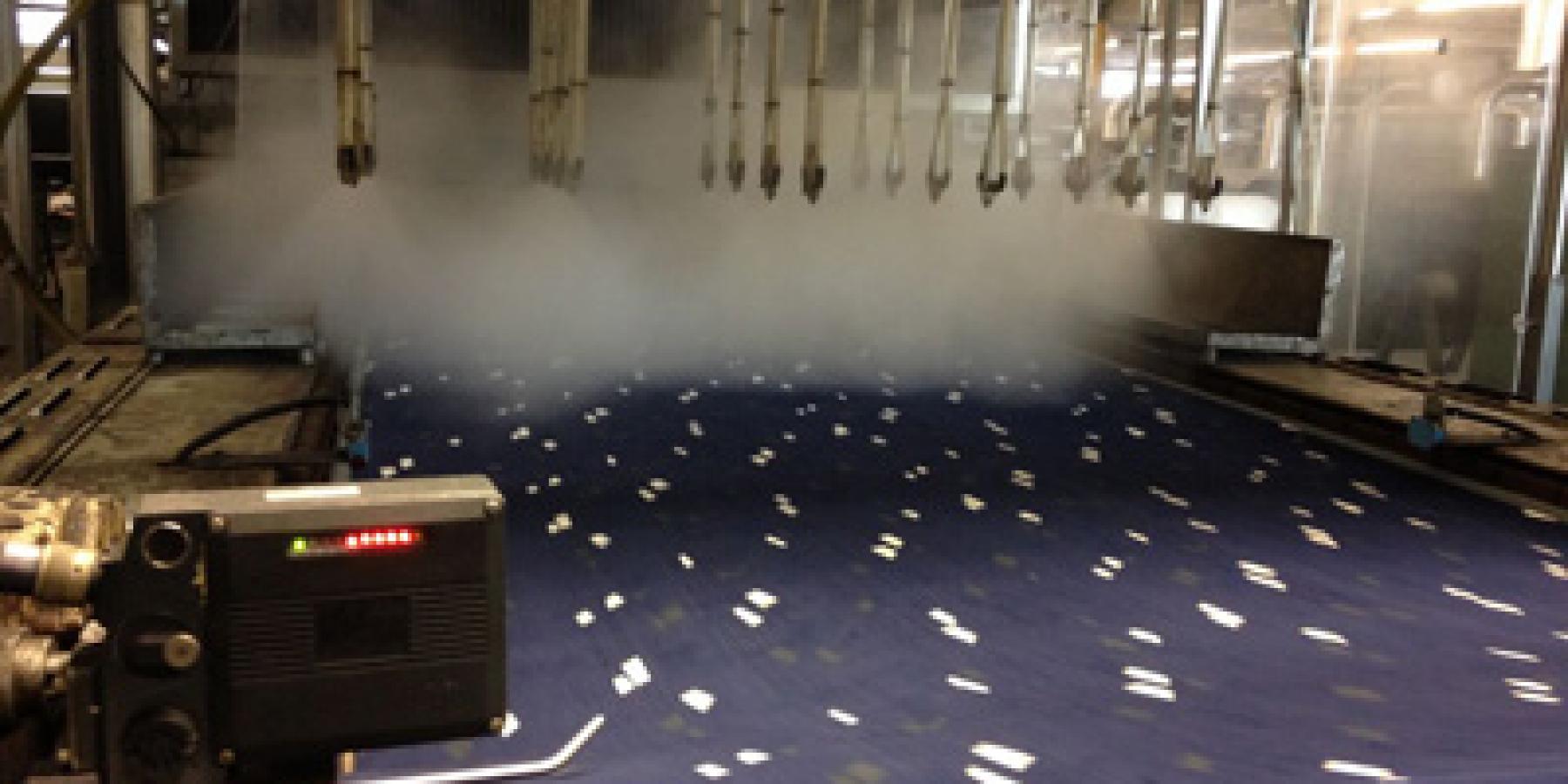Manufacturing antimicrobial fabrics and devices at industrial scale
A European project involving the Instituto de Microelectrónica de Barcelona (IMB-CNM) of the CSIC, and led by the Universitat Politécnica de Catalunya (UPC), will introduce on the market an ultrasound technology for industrial production of fabrics and surfaces coated with antimicrobial nanoparticles.

According to the European Center for Disease Prevention and Control and the World Health Organization, every year, more than four million patients suffer from healthcare-associated infections and 147.000 die as a direct or indirect consequence of these infections. The estimated total cost associated to these infections is of 7 billion Euros per year.
In recent years, smart fabrics coated with antimicrobial nanoparticles have been develop, which could help to reduce infections in hospitals and healthcare centres. Nevertheless, this technology has not been implemented yet on an industrial scale.
This is the goal of the project PROTECT, approved by the European Union within the Horizon 2020 frame program, and funded with 7.5 M Euros. Led by Prof. Tzanko Tzanov, researcher at the Universitat Politècnica de Catalunya (UPC), 22 partners from 8 countries are involved in the project, including the Instituto de Microelectrònica de Barcelona (IMB-CNM) of the CSIC, and the Textile Industries Association from Alcoy (Alicante).
The main task of the project is the manufacturing of three production machinery to produce fabrics, on an industrial scale, to be used in health-care centres and public spaces as well as medical devices and water filters with antimicrobial properties.
The technology to coat surfaces with antimicrobial nanoparticles was successfully tested in previous projects, SONO and NOVO, which were developed by the same consortium and also led by Tzanko Tzanov.
This technology uses ultrasounds to synthesize and lay antimicrobial nanoparticles on surfaces. Using ultrasounds scientists managed to obtain fabric with antimicrobial nanoparticles which were still active after being washed 70 times at 80 ºC.
CSIC scientists will integrate within the final product a sensor technology in order to determine the end of the shelf life of the material. It has been developed and patented by the team led by Xavier Muñoz, a CSIC scientist at the IMB-CNM. This sensor technology uses bacterial metabolic indicators, molecules that change their state and colour in the presence of bacteria. So, when living bacteria are on the surface, their metabolism produces a change of colour on those molecules, which can be seen with the bare eye.
The companies involved in the project, 13 of them small and medium, will implement the new procedures and commercialize the antimicrobial products. The company Maroc (Portugal) will produce antimicrobial textiles to be used in public areas; Degana (Israel) will manufacture antimicrobial catheters and bio-films. Fonte Nueva (Italy), will fabricate antimicrobial water filters and Klopman (Italy) will produce healthcare fabrics.
The other companies involved in the project will build the industrial equipment for the production of the fabric and automatization of the processes. Nine universities and research centres from France, Germany, Russia, Ireland and Spain will develop the new antimicrobial nanoparticles.





